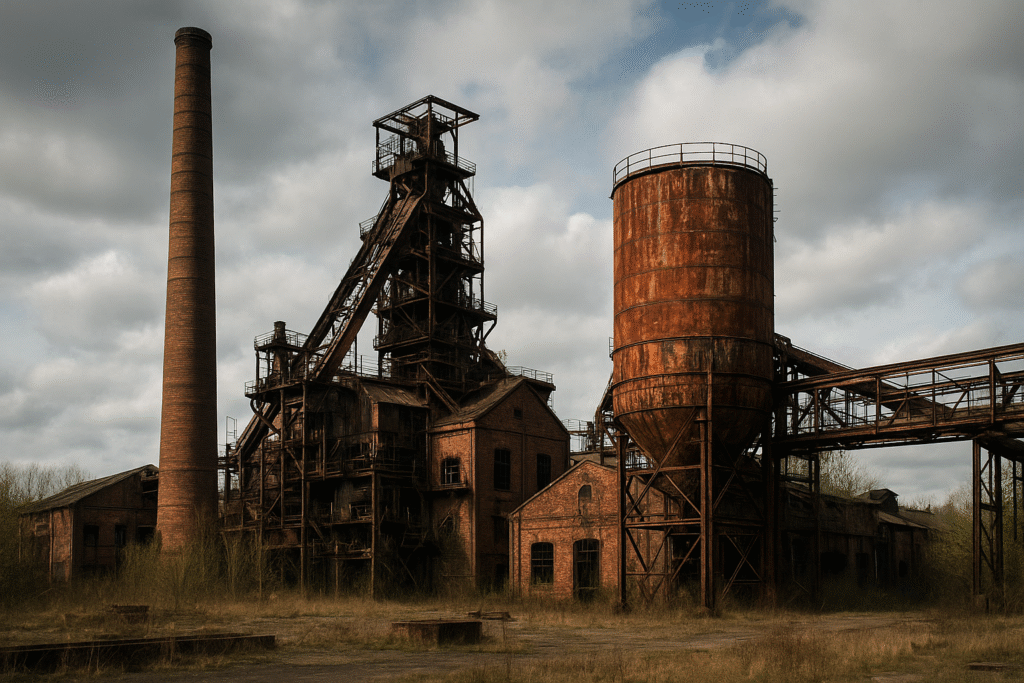
Kano State Industries and the Paradox of Youth Unemployment
Kano State has long been recognized as the commercial hub of Northern Nigeria, with a history of thriving industries that once made it the pride of the region. From textile mills and tanneries to food processing plants and leather industries, Kano was regarded as the “Manchester of West Africa.” The city’s industrial layout in areas like Bompai, Sharada, and Challawa stood as symbols of economic strength, attracting traders, workers, and investors from across Nigeria and beyond.
Why are Kano industries collapsing?
Yet, despite this legacy, today the story of Kano’s industries is one of decline and neglect. Many of the factories that once provided jobs for thousands of people have either shut down completely or operate at less than half their original capacity. Machinery has rusted, warehouses lie empty, and production lines that once bustled with activity are now silent.
For the youths of Kano, this decline has translated into a painful reality: joblessness. Every year, thousands of young men and women graduate from universities, polytechnics, and vocational schools, full of energy and ambition, only to discover there are no industries ready to absorb their skills. Instead of factories creating employment opportunities, the streets of Kano are filled with idle youths who resort to menial jobs, street trading, or, in many cases of phone snatching and thuggery, while remain unemployed.
The irony is stark—Kano still boasts the highest number of industries in Northern Nigeria, yet these industries fail to deliver hope for its young population. Factors such as inconsistent power supply, poor infrastructure, policy neglect, lack of innovation, and competition from imported goods have crippled many factories. What could have been a source of prosperity has become a symbol of wasted potential.
This paradox raises an urgent question: how can a state rich in industrial heritage allow its youth to waste away without jobs? The youths of Kano are willing and able, but opportunities remain scarce. Reviving the industries, investing in modern technology, and creating policies that encourage local production could breathe new life into the economy. Without this revival, the dream of industrial Kano will remain buried under the weight of abandoned warehouses and idle graduates.
Kano’s story is not just about industries; it is about the future of its youth. And unless deliberate action is taken, the state risks losing a whole generation to unemployment and despair even while standing in the shadows of factories that once promised prosperity.
